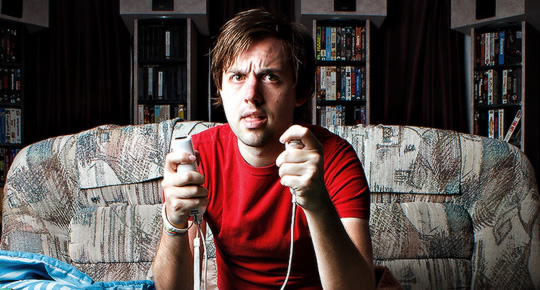Could violent video games make you a more caring person, at least initially?
Breaking your moral code in a virtual environment may counter-intuitively encourage more sensitivity to these kinds of violations in the real world, a new study finds.
The study, which is published in the journal Cyberpsychology, Behavior and Social Networking, suggests violent video games make their players feel guilty for their moral indiscretions (Grizzard et al., 2014).
Matthew Grizzard, who led the study, said:
“Rather than leading players to become less moral, this research suggests that violent video-game play may actually lead to increased moral sensitivity.
This may, as it does in real life, provoke players to engage in voluntary behavior that benefits others.”
Participants in the study played a first-person shooter video game in one of two conditions:
“…participants in the guilt condition played as a terrorist soldier, while participants in the control condition played as a UN soldier.
The game itself informed participants of their character’s motivations to ensure that the experimenter did not bias result.” (Grizzard et al., 2014).
The researchers expected that people would feel guilty when playing the game as a terrorist, but not when they played as a peacekeeper.
Grizzard said:
“…an American who played a violent game ‘as a terrorist’ would likely consider his avatar’s unjust and violent behavior — violations of the fairness/reciprocity and harm/care domains — to be more immoral than when he or she performed the same acts in the role of a ‘UN peacekeeper.'”
Afterwards players were given tests of their moral feelings and how guilty they felt.
Grizzard explained the results:
“We found that after a subject played a violent video game, they felt guilt and that guilt was associated with greater sensitivity toward the two particular domains they violated — those of care/harm and fairness/reciprocity.”
This is not the first study to reach these conclusions.
Several studies have found that immoral virtual behaviours elicit real-world feelings of guilt — how long this guilt lasts, though, is not clear.
These studies can’t tell us what the long-term effects of these types of games are.
It may be that…
“…guilt resulting from playing as an immoral character may habituate from repeated exposures.
Under these conditions, we might expect that repeated play would not lead a gamer to become more sensitive to fairness or become more caring overall…” (Grizzard et al., 2014)
So while playing Grand Theft Auto — a game attacked for glamourising violence — may make you feel guilty the first couple of times, you may soon get used to to it.
Image credit: Steven Andrew

